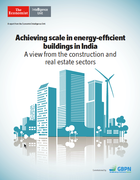Academicians and professionals in the architecture, engineering, and construction (AEC) field have expressed an increasing interest in sustainability and its application in the development of construction projects, especially with its deemed relationship with lean construction, for the purpose of improving efficiency in the construction processes. Practices framed under the lean philosophy show their potential in reducing environmental, economic, and social impacts during the construction phase, with an increase in the parameters of sustainability in the development of projects.
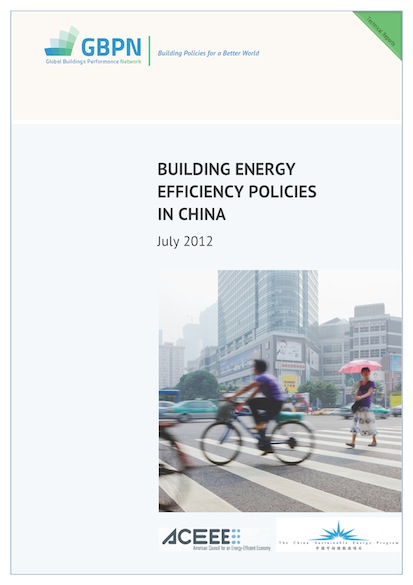 The first report issued internationally that provides a comprehensive English summary of Chinese studies on building energy efficiency policies in China.
The first report issued internationally that provides a comprehensive English summary of Chinese studies on building energy efficiency policies in China.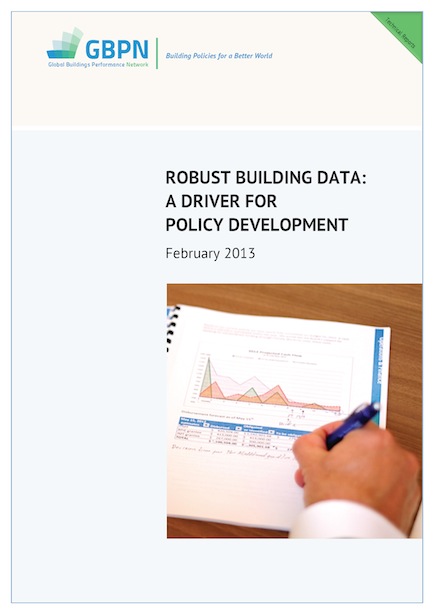 本报告就四个地区数据质量和数据的可利用性问题进行了分析,同时也提醒了我们需要完成多少工作才能建成一个强大而全面的建筑数据库,并提出了实现这个数据库的可行性建议。
本报告就四个地区数据质量和数据的可利用性问题进行了分析,同时也提醒了我们需要完成多少工作才能建成一个强大而全面的建筑数据库,并提出了实现这个数据库的可行性建议。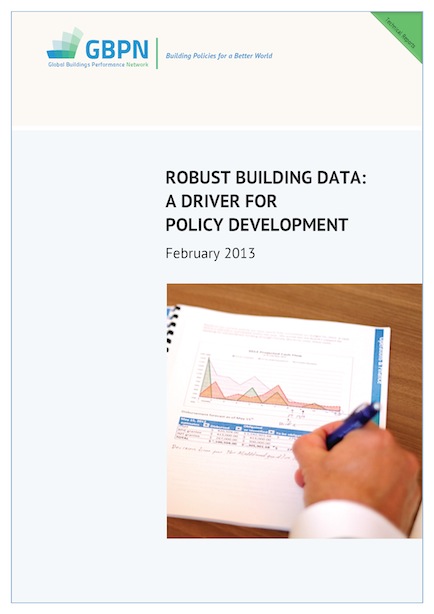
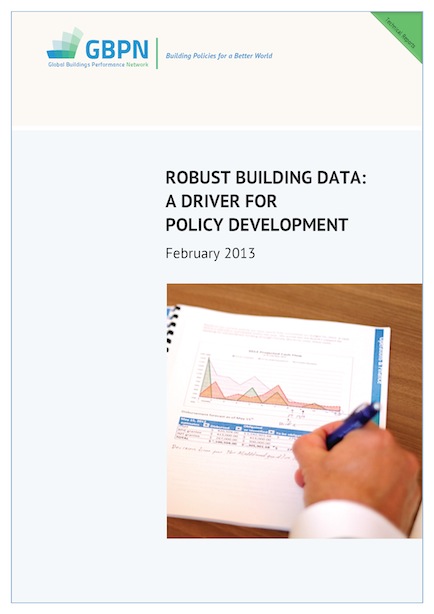 Technical Report:
Technical Report: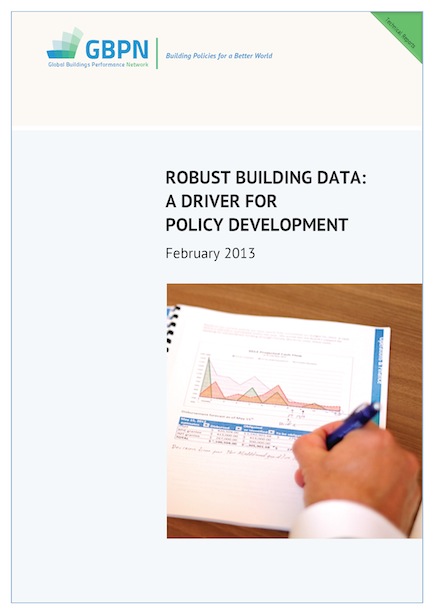 Data Annex
Data Annex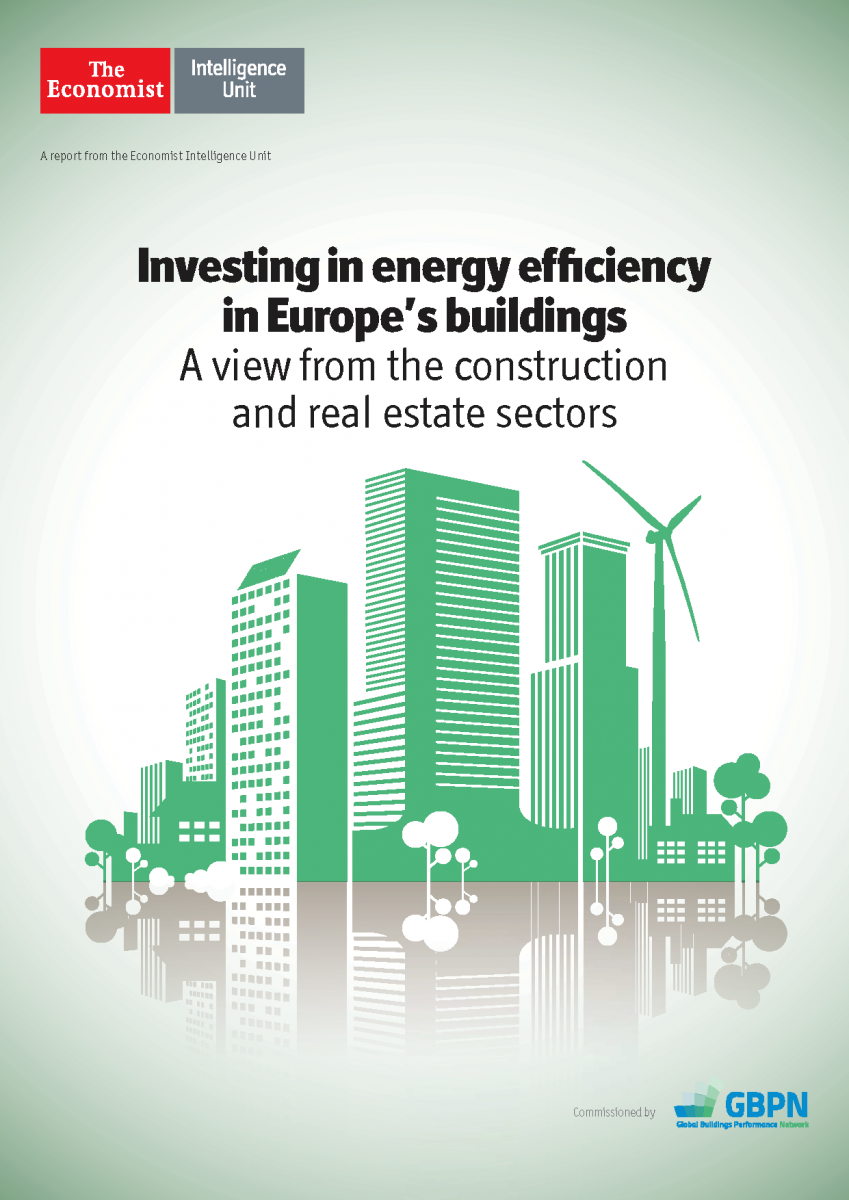
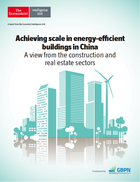 Case Study
Case Study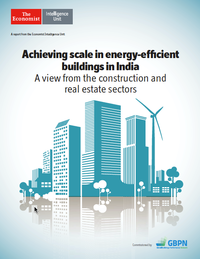
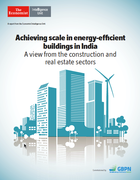 The Economist Intelligence Unit (EIU) report "Achieving scale in energy-efficient buildings in India: A view from the construction and real estate sectors" commissioned by the GBPN explains the challenges and opportunities of investing in energy efficiency in buildings in India.
The Economist Intelligence Unit (EIU) report "Achieving scale in energy-efficient buildings in India: A view from the construction and real estate sectors" commissioned by the GBPN explains the challenges and opportunities of investing in energy efficiency in buildings in India.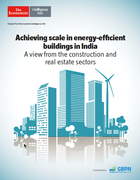 A report from the Economist Intelligence Unit (EIU), commissioned by the GBPN finds that while India’s commercial building sector has blazed the energy-effiency trail in the building sector, achieving significant scale will depend on efficiency measures becoming standard practice in the commercial middle market, retrofit and, particularly, the residential building segment.
A report from the Economist Intelligence Unit (EIU), commissioned by the GBPN finds that while India’s commercial building sector has blazed the energy-effiency trail in the building sector, achieving significant scale will depend on efficiency measures becoming standard practice in the commercial middle market, retrofit and, particularly, the residential building segment. 